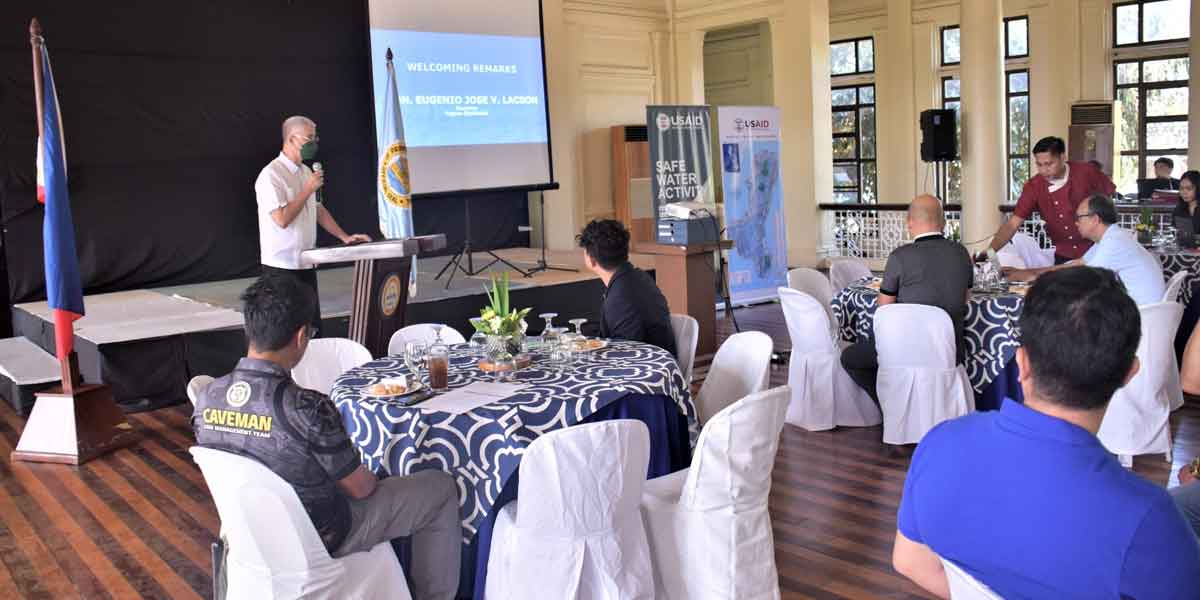
BACOLOD City – Amid growing concerns over water scarcity and the sustainability of local resources, the provincial government of Negros Occidental has taken a proactive stance.
Under the leadership of Governor Eugenio Jose Lacson, local government units (LGUs) across the province are poised to establish technical working groups (TWGs) dedicated to the implementation of a comprehensive Provincial Integrated Water Security Plan (PIWSP) spanning from 2023 to 2030.
The announcement came during a cascading workshop on Technical Working Group Formation held on February 27, 2024, at the Capitol Social Hall in Bacolod City.
There, Governor Lacson addressed LGU representatives and other stakeholders, emphasizing the provincial government’s dedication to a systematic, scientific, and sustainable approach to water security—a commitment echoed in the initiatives and activities aligned with the PIWSP.
“We will endeavor to operationalize our PIWSP through the establishment of technical working groups in each LGU,” Governor Lacson stated, reflecting a strategic move towards safeguarding one of the province’s most vital resources.
This ambitious plan was set in motion following an executive order issued by Governor Lacson in 2022, which led to the creation of the Provincial Integrated Water Security Council (PIWSC).
With the technical and financial support of the United States Agency for International Development (USAID) Safe Water project, the PIWSP was formulated, drawing inspiration from the USAID Safe Water’s Integrated and Inclusive Water Security Framework and aligning with the 6th Sustainable Development Goal of the United Nations Development Program.
Provincial Administrator Rayfrando Diaz II highlighted the goal of integrating the approach to water security.
He spoke of developing holistic solutions that tackle water-related challenges such as scarcity, pollution, habitat degradation, and public health risks in tandem, thereby paving the way for comprehensive improvements in water security.
Negros Occidental faces a critical juncture as the province’s data indicates that groundwater availability stands at a mere 8 percent.
With an impending shortage projected for 2035, the need to utilize alternative water sources, such as the more abundantly available surface water resources, has never been more pressing.
In response to this pressing challenge, the province has proposed a PHP1.2-billion Negros Occidental Bulk Water Supply Project in collaboration with the Public-Private Partnership Center and USAID Safe Water.
This project aims to harness the water from the Imbang and Malogo Rivers, identified as viable surface water resources for addressing the growing demand.
A pre-bid conference earlier in the month attracted interest from 11 firms that purchased bid documents, signaling a robust private sector engagement.
With project bidding set for June, the province is making strides towards ensuring that the taps don’t run dry for the people of Negros Occidental.




















